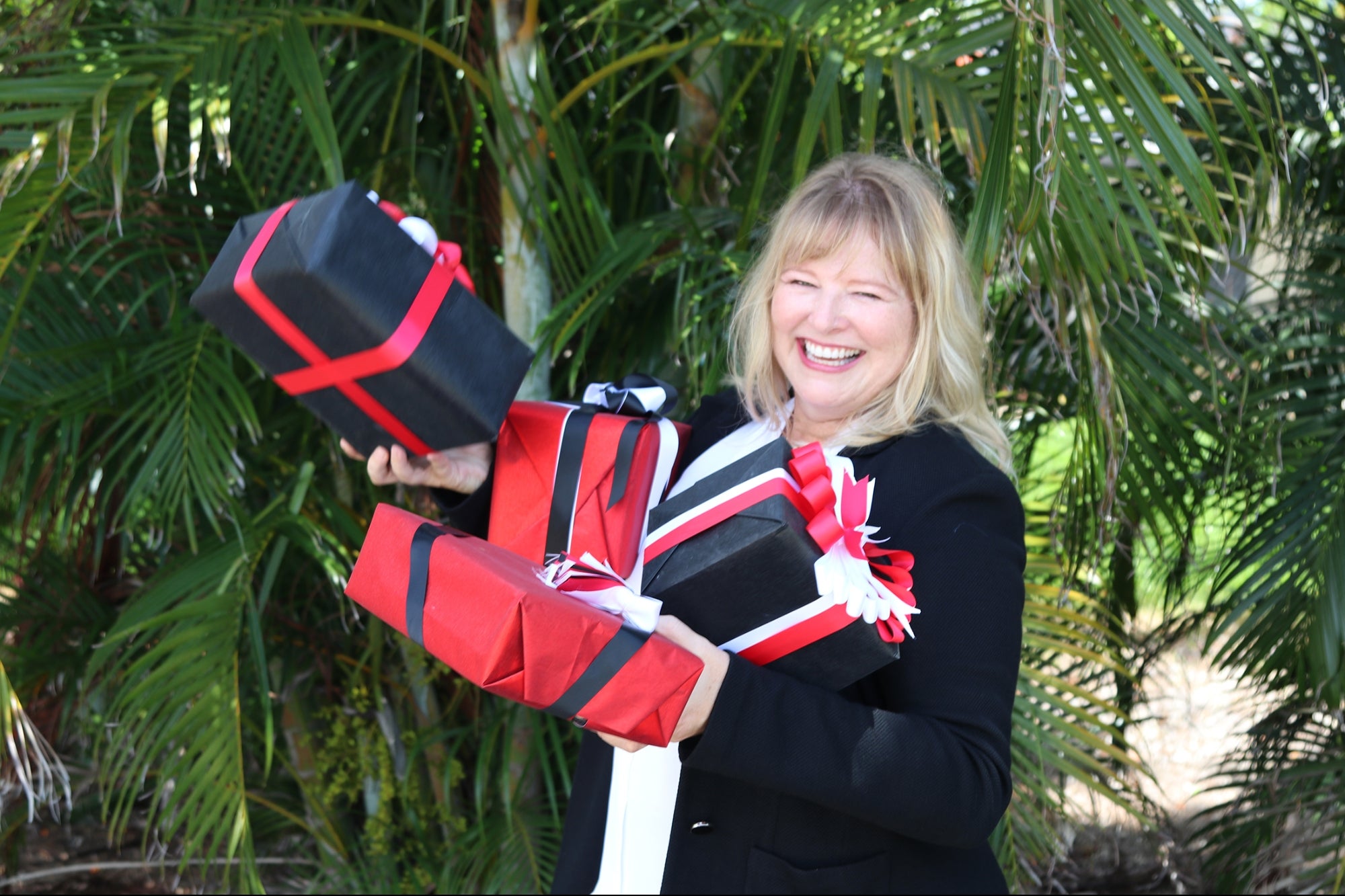5 Ways to Avoid Data DisastersHere's how to prevent the theft and / or loss of your priceless digital information.
ByJim Flynne•
Opinions expressed by Entrepreneur contributors are their own.

Whether you are a full-time freelancer or entrepreneur on the go, your hard work -- all the files and data you complete for your client / own business -- is at risk. It could be one spilled coffee on your laptop or one client who saves over the only copy of a file you sent them. Anything could destroy your hours of hard work in an heartbeat.
Here are five tips on how to ensure your work is protected and how to make sure you're never opening yourself up to a tech disaster.
Related:Why Millennials Don't Worry That Much About Online Security
1. When you're on the road, your data is vulnerable.
Anytime you take your work on the go, you're opening yourself up to a number of security risks. For example, using a Wi-Fi network that's not secure can mean risking the confidential data your client has entrusted to you. If someone else is able to gain access to this sensitive information, then you're left responsible for the loss!
- What do to:Invest in a personal hotspot that you can password-protect no matter where you are. Check in with your wireless provider and see if you can add this feature to your phone's existing plan. This way, you know that the Wi-Fi connection you're using is safe and secure.
2. Your laptop is your lifeline, not your lockbox.
If you're working anywhere outside your home -- local coffee shop, airport lounge -- then your laptop or tablet, etc. can easily be swiped in seconds, meaning that any confidential information on there is now in the hands of the thief. Also, any projects or work saved only on your laptop could be lost forever. That's irreplaceable hours of work -- i.e., money! -- that you're potentially at risk to lose.
- What to do:Whenever you take your laptop outside of the house, ensure all the files on it are protected by an external hard drive. In the event of theft, you'll also want to ensure your passwords aren't crackable. An easily crackable password contains real words or proper names, has keyboard sequences and has a limited variety of characters.
3. Sharing is not always caring.
If you work with multiple clients, then you'll undoubtedly need to share your work. But what happens if a collaborator accidentally deletes a file from your cloud storage repository? The work could be gone for good.
- What to do:Don't assume file sharing means file security. Always make sure that you have a copy and multiple versions of any file you send to a client / colleague, in the event that something happens as that asset is passed back-and-forth.
Related:Digital Pickpockets Are Now Targeting Your Smartphone
4. Be an entrepreneur with enterprise-level security.
While large enterprises often provide employees with secure file-sharing systems, remote workers / freelancers may not have access to these -- meaning you could accidentally forward a link to a private or client-sensitive file to someone who shouldn't have access it, violating your client's privacy.
- What to do:The files that you share or transfer should be protected by a password and sent through a private links opposed to a public link. Never send a link that anyone could click on and use to access a file. Just think -- if you accidentally forward the wrong link to the wrong client, you could be jeopardizing their privacy and your own reputation as a responsible partner.
5. Storage does not equal safety.
This is a conversation in need of happening, as arecent surveyhighlights as a point of confusion for most. If you're using cloud storage as a substitute for backup, you can easily lose data through accidental deletion, overwriting or by simply forgetting to manually upload files before disaster -- or a security incident -- arises.
- What to do:Create a storage safety net with a cloud backup solution. Install software that will continuously and automatically backing up all user files and data and scanning for changes along the way -- no manual dragging and dropping is necessary. An investment will create peace of mind that no piece of work will disappear forever, no matter what happens!
Related:Use a Password Manager to Make Your Accounts Are Secure











